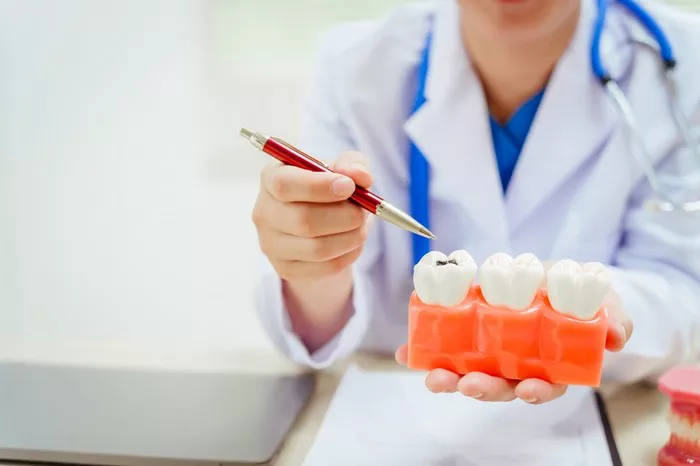Tooth decay, one of the most common dental issues, is often accompanied by persistent pain that affects daily life. While brushing, flossing, and limiting sugar intake are familiar steps in preventing cavities, researchers are now exploring a surprising and promising tool in oral health—probiotics. Traditionally associated with gut health, probiotics are gaining attention for their ability to help balance the oral microbiome and fight the bacteria responsible for tooth decay.
Lt Gen Dr Vimal Arora, Chief Clinical Officer at Clove Dental, highlighted the urgency of addressing widespread dental problems. He explained that tooth decay is far more common than people realize, affecting not just children but adults as well. According to the World Health Organization, dental caries are the most prevalent non-communicable disease worldwide, impacting over 3 billion people. In India alone, up to 84% of individuals may face some form of dental issue, yet only about 6–7% seek timely care—often because symptoms are painless in the early stages. Dr Arora emphasized that probiotics could become a key part of future dental care, with innovations such as probiotic toothpaste and chewable tablets tailored for children supporting a balanced oral microbiome.
Probiotics are live microorganisms—commonly known as “good bacteria”—that can provide health benefits when consumed in sufficient quantities. The mouth, like the gut, hosts a complex community of bacteria. Some bacteria are beneficial, while others, like Streptococcus mutans, can produce acids that wear down tooth enamel and lead to cavities. Fluoridated water and traditional dental practices strengthen enamel, but probiotics offer a different method: promoting beneficial bacteria to outcompete harmful strains, thereby supporting a healthier environment in the mouth.
Early research and trials back the potential of probiotics in oral health. Certain strains of Lactobacillus and Bifidobacterium have shown encouraging results when used in lozenges, mouthwashes, or even yogurt. These probiotics can inhibit harmful bacteria, reduce plaque formation, and help remineralize enamel. A study published in BMC Oral Health examined a blend of four probiotic strains and noted a clear reduction in bacterial activity, plaque, and cavity formation in rats. Similarly, a review featured in The Journal of Oral Health and Community Dentistry concluded that regular probiotic use could lower plaque levels and harmful bacteria in saliva—both indicators of cavity risk.
Incorporating probiotics into daily routines doesn’t have to be complicated or expensive. Indian diets already include natural sources such as homemade curd, lassi, and fermented foods like idlis and dosa batter. Adding a serving of curd to lunch or sipping on buttermilk can easily support oral health. For those who don’t regularly consume these foods, probiotic supplements offer a convenient alternative. Chewable tablets, lozenges, probiotic toothpaste, and mouth rinses are now available and can directly deliver beneficial microbes to the mouth. These products could be especially useful in communities with limited access to dental care, offering a cost-effective and non-invasive solution. Pediatric dentists are also beginning to recommend probiotic drops or tablets for children, pointing to a growing acceptance of probiotics as part of preventive dental care.
Probiotics are shaping up to be more than just a gut-health trend. With growing evidence supporting their role in oral health, they may soon become a staple in cavity prevention strategies—bringing us one step closer to a future where dental problems are easier to manage and far less common.
Related topics

